Bernard Williams on Descartes’s audacious endeavour to prove knowledge is possible
In his landmark works Discourse on the Method (1637) and Meditations on First Philosophy (1641), René Descartes tackled a simple yet imposing question: how can one know anything for certain? Laid out in methodical detail, his answers would provide the foundation for modern philosophy and science. In this video from 1987, the celebrated UK broadcaster and philosophy populariser Bryan Magee (1930-2019) dissects Descartes’s world-changing writings alongside the UK philosopher and Descartes scholar Bernard Williams (1929-2003). In doing so, the pair touches on how the existence of God was fundamental to Descartes’s construction of the Universe, what precisely he meant in proclaiming ‘I think, therefore I am’, and which of his ideas have fallen out of fashion in contemporary philosophy.
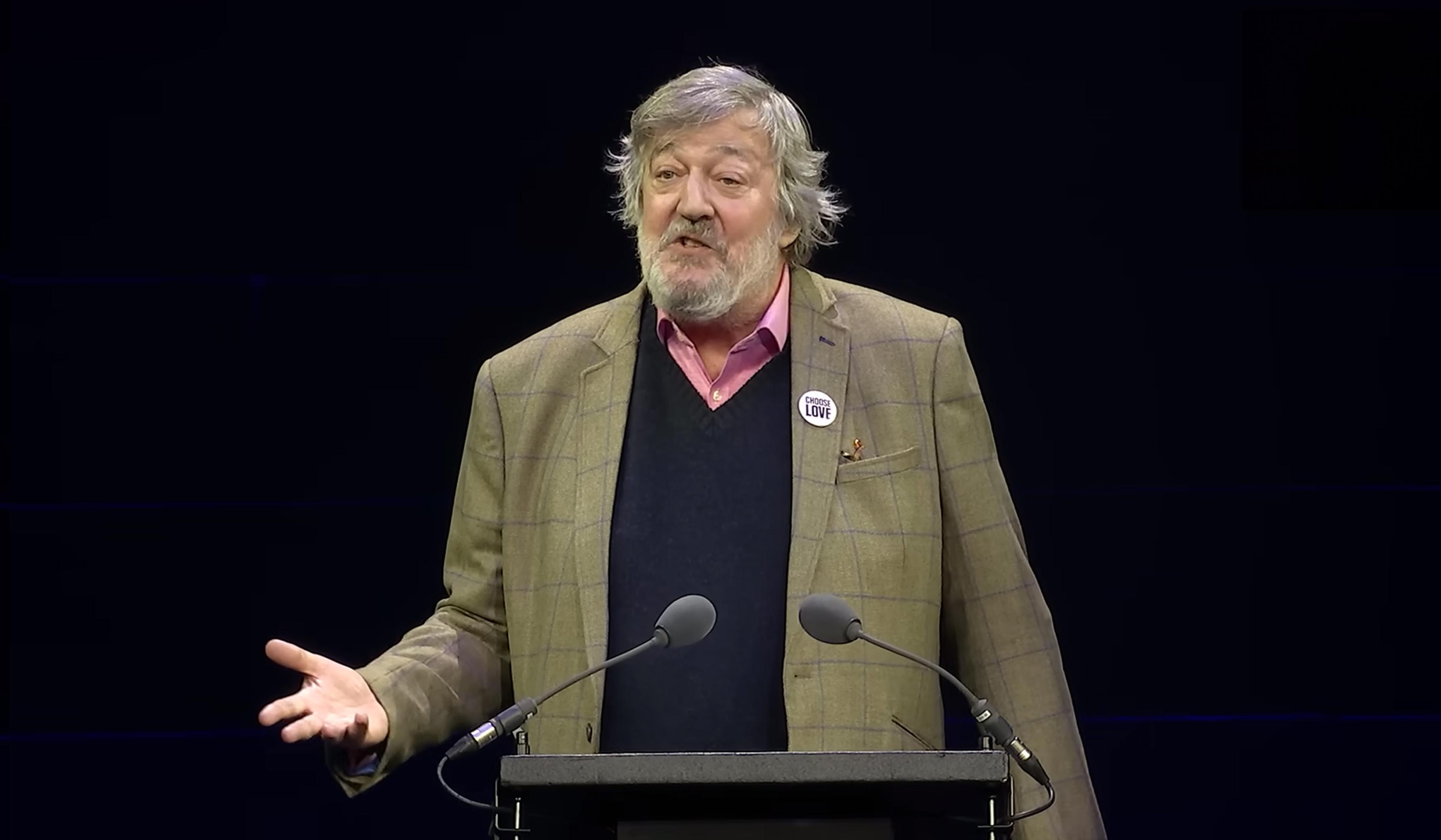
video
Meaning and the good life
Why strive? Stephen Fry reads Nick Cave’s letter on the threat of computed creativity
5 minutes
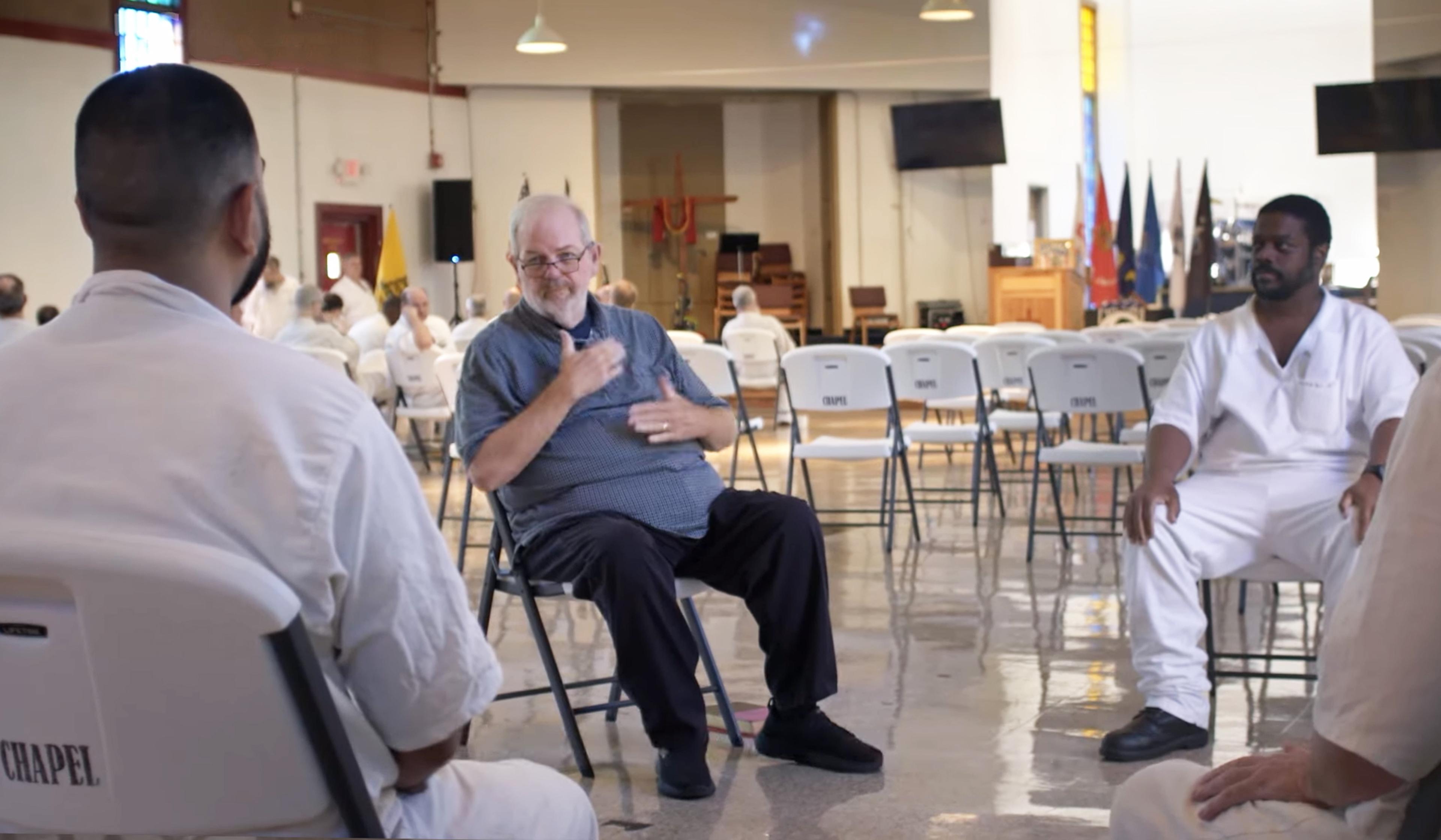
video
Human rights and justice
‘I know that change is possible’ – a Deaf prison chaplain’s gospel of hope
18 minutes
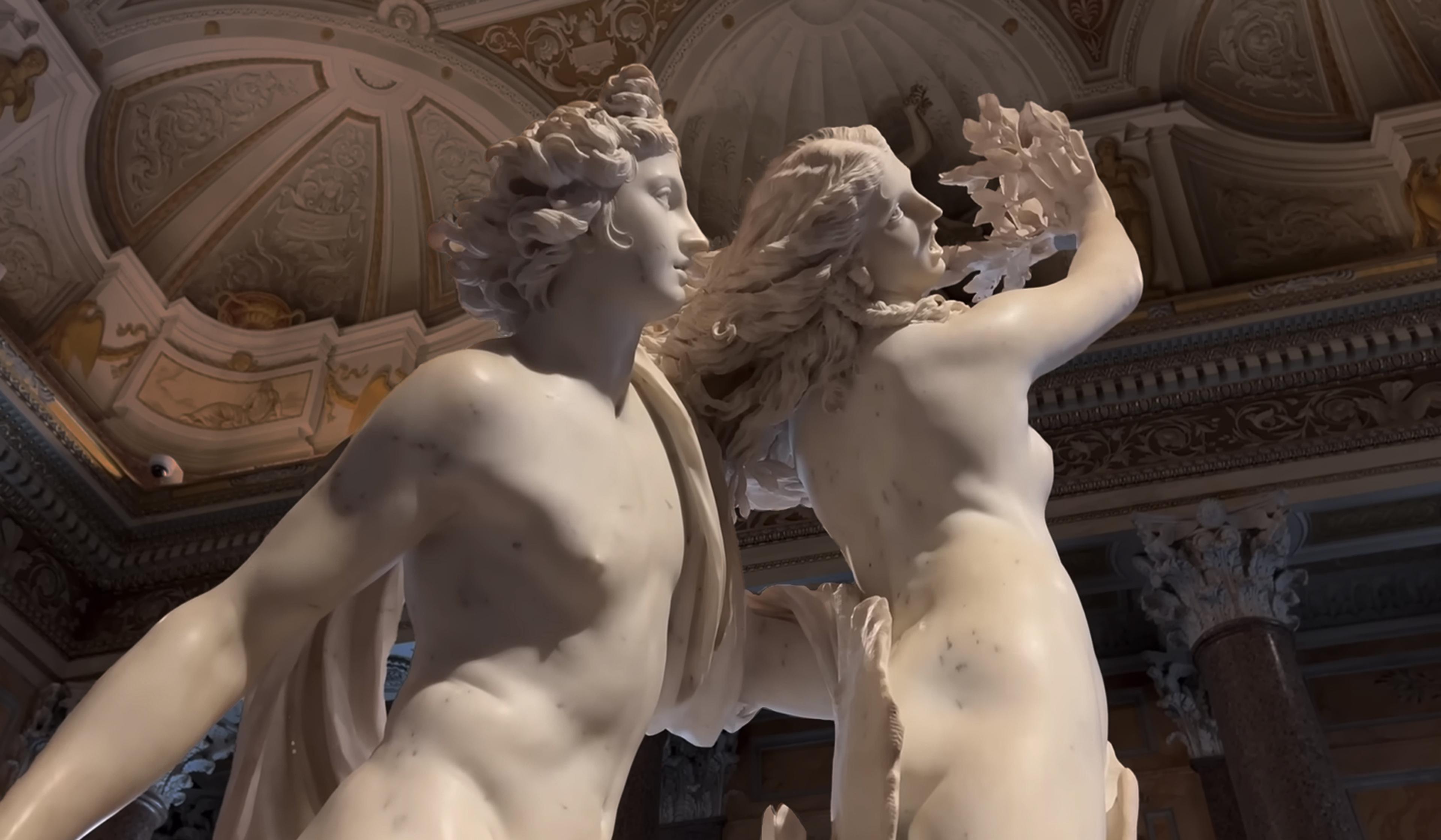
video
Art
The overlooked polymath whose theatrical oeuvre made all of Rome a stage
30 minutes

video
Beauty and aesthetics
The grit of cacti and the drumbeat of time shape a sculptor’s life philosophy
11 minutes
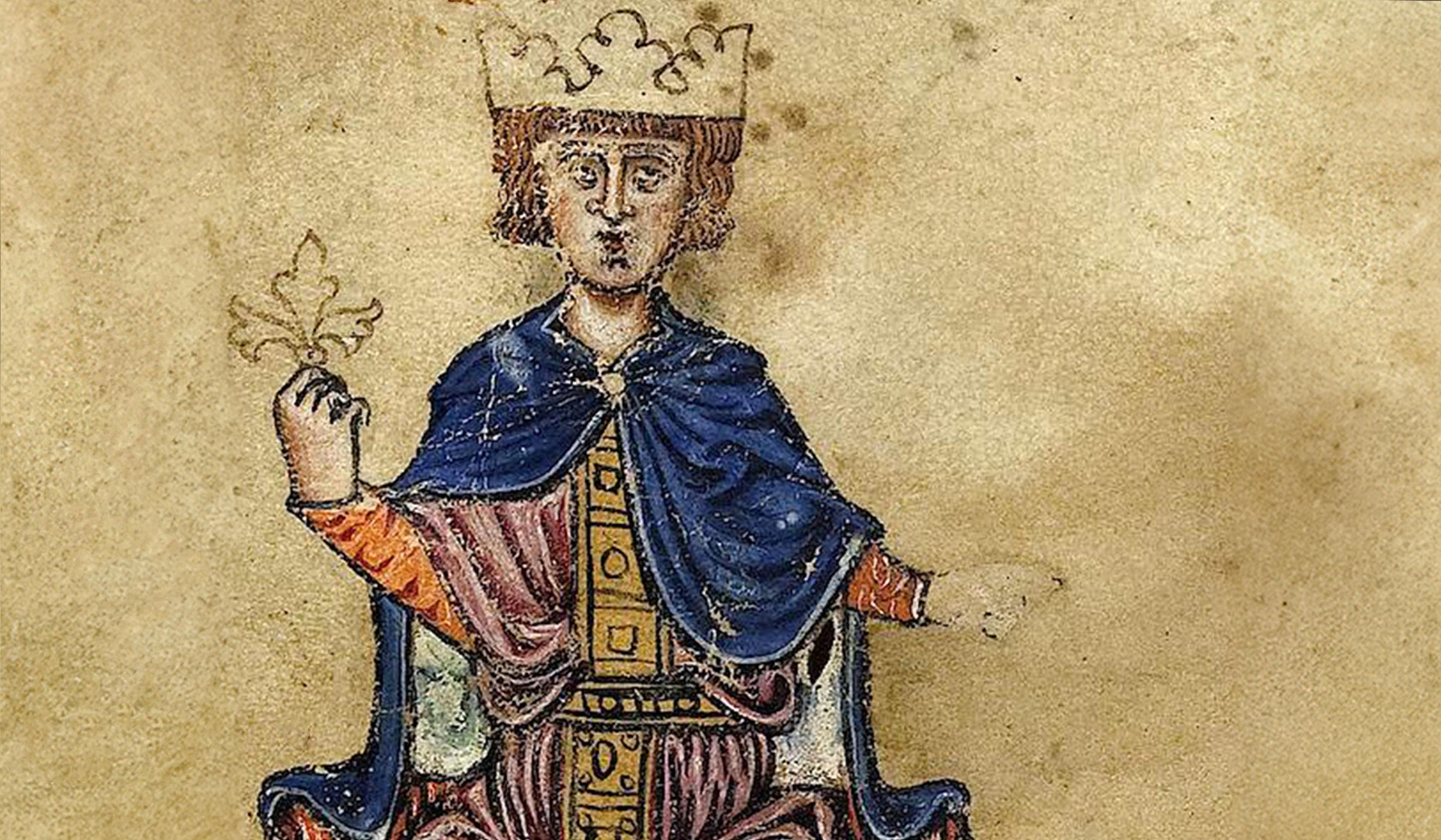
video
Religion
Hear from blasphemes, sceptics and free-thinkers in this ‘tour of medieval unbelief’
52 minutes

video
Ecology and environmental sciences
The ancient Hawaiian myth that sparked a modern ecological breakthrough
10 minutes

video
Music
‘Dun dun dun duuun!’ Why Beethoven’s Fifth sticks in the head and stirs the heart
5 minutes
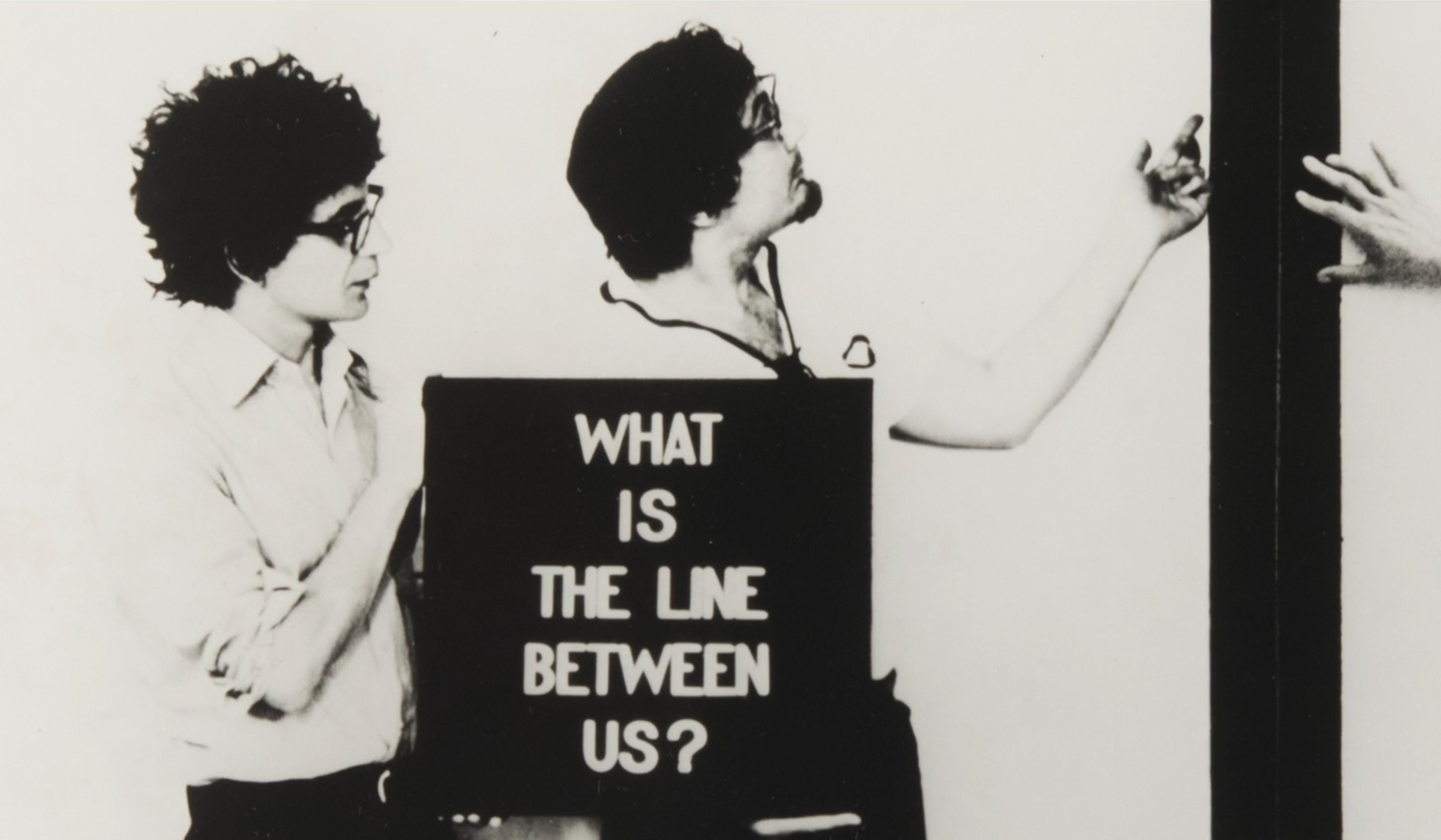
video
Art
The irreverent duo who thumbed their noses at the Soviet Union and the US art world
11 minutes
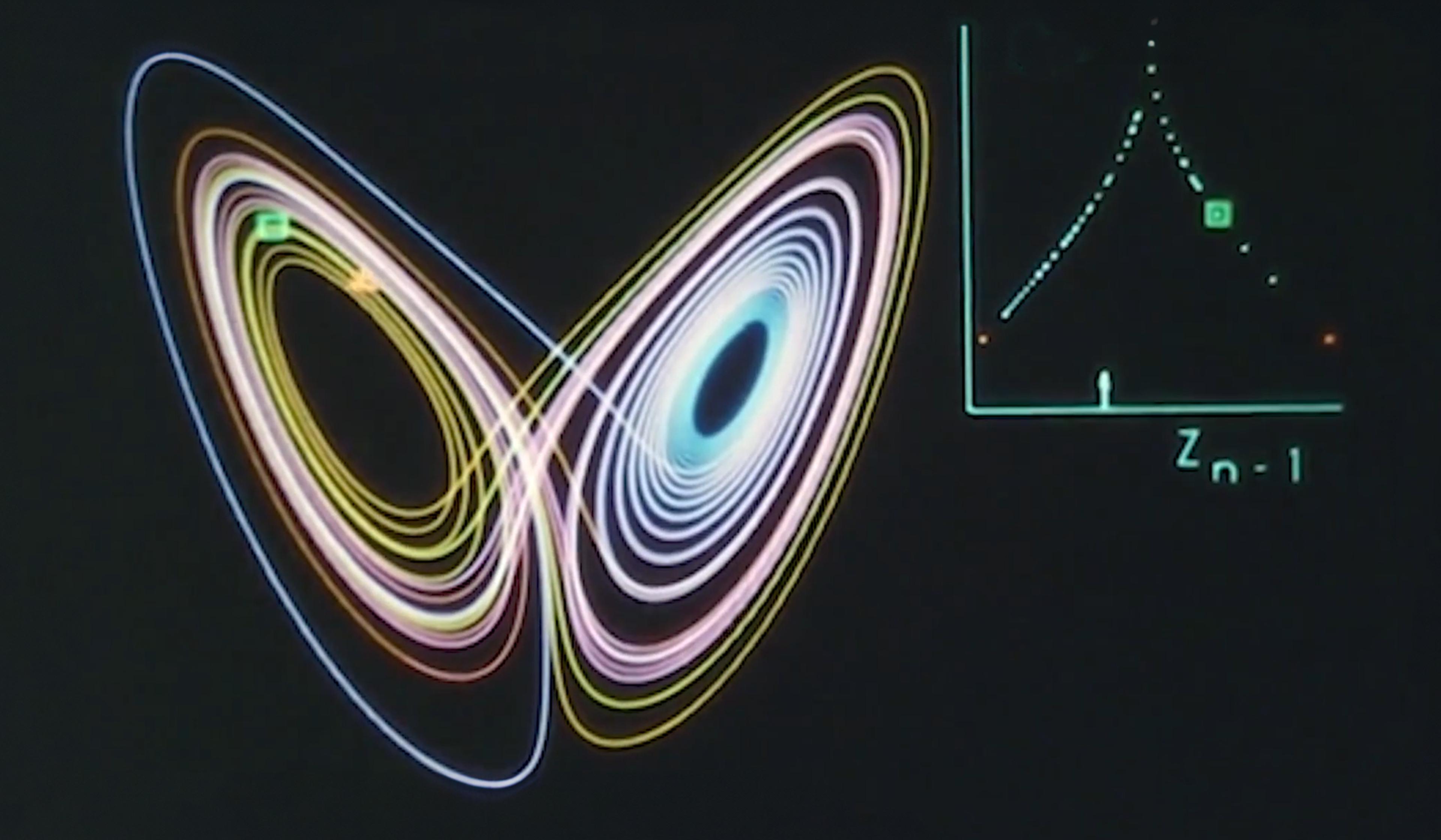
video
Thinkers and theories
Henri Bergson on why the existence of things precedes their possibility
3 minutes